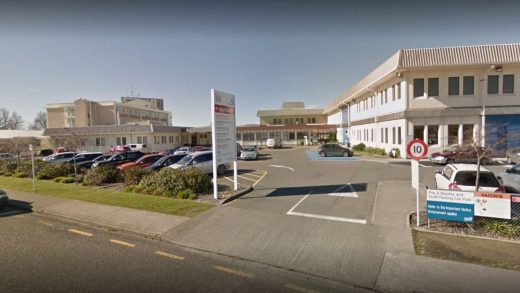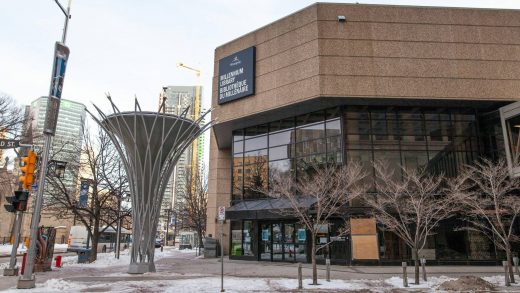
GOMBE, Nigeria (AP) — Africa’s most populous country ground to a halt on Monday, with electricity cut and major airports closed, as Nigeria’s largest labor unions began striking to demand a salary increase amid the worst cost of living crisis in decades.
President Bola Tinubu’s economic reforms — including ending fuel subsidies — have resulted in surging inflation that is at a 28-year record high.
In this latest strike, workers shut down the national electricity grid and drove away operators at a key transmission station, the Transmission Company of Nigeria said, adding that other workers sent to restore power were blocked.
Elsewhere, government workers either failed to show up or shut down entrances to offices, including at airports in the capital of Abuja and the economic hub of Lagos. All aviation workers should stay away “until further notice,” their association said.
“We demand a living wage,” the Nigerian Labour Congress said on X, describing what they currently earn as “starvation wage.” It and the Trade Union Congress represent hundreds of thousands of government workers across key sectors.
The unions want the current minimum monthly wage of 30,000 naira ($20) to be increased to nearly 500,000 naira ($336). The government offers 60,000 naira ($40).
The unions’ demand would increase the government wage bill by 9.5 trillion ($6.3 billion), which is capable of “destabilizing the economy,” information minister Mohammed Idris has said.
After Nigeria’s president ended the decadeslong but costly fuel subsidies on his first day in office in May last year, the price of gas more than doubled in one of Africa’s biggest oil producers. Prices for public transport and commodities soared.
Tinubu’s government also devalued the naira currency to encourage foreign investment, which further increased prices of basic commodities in the import-dependent country of more than 210 million people.


